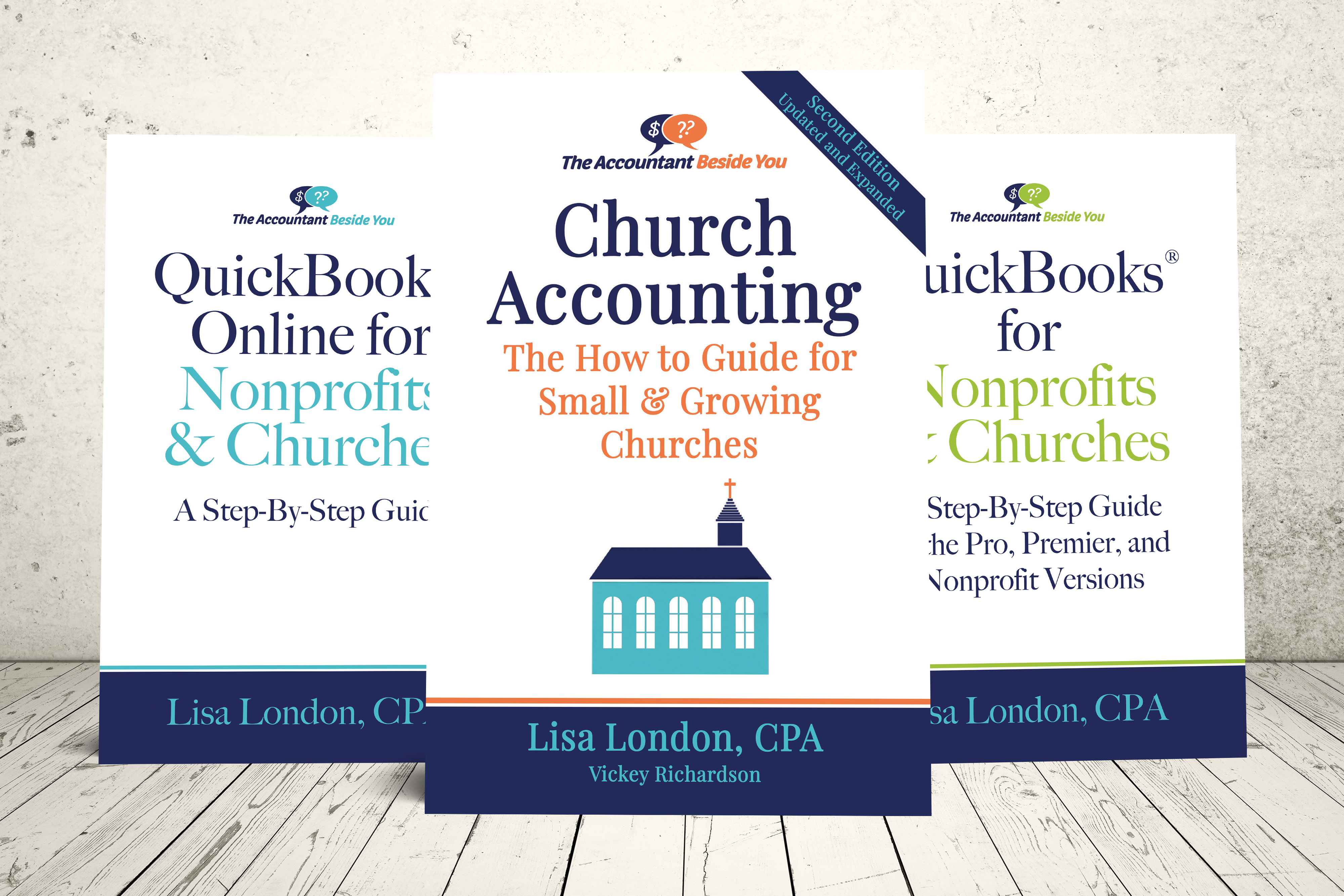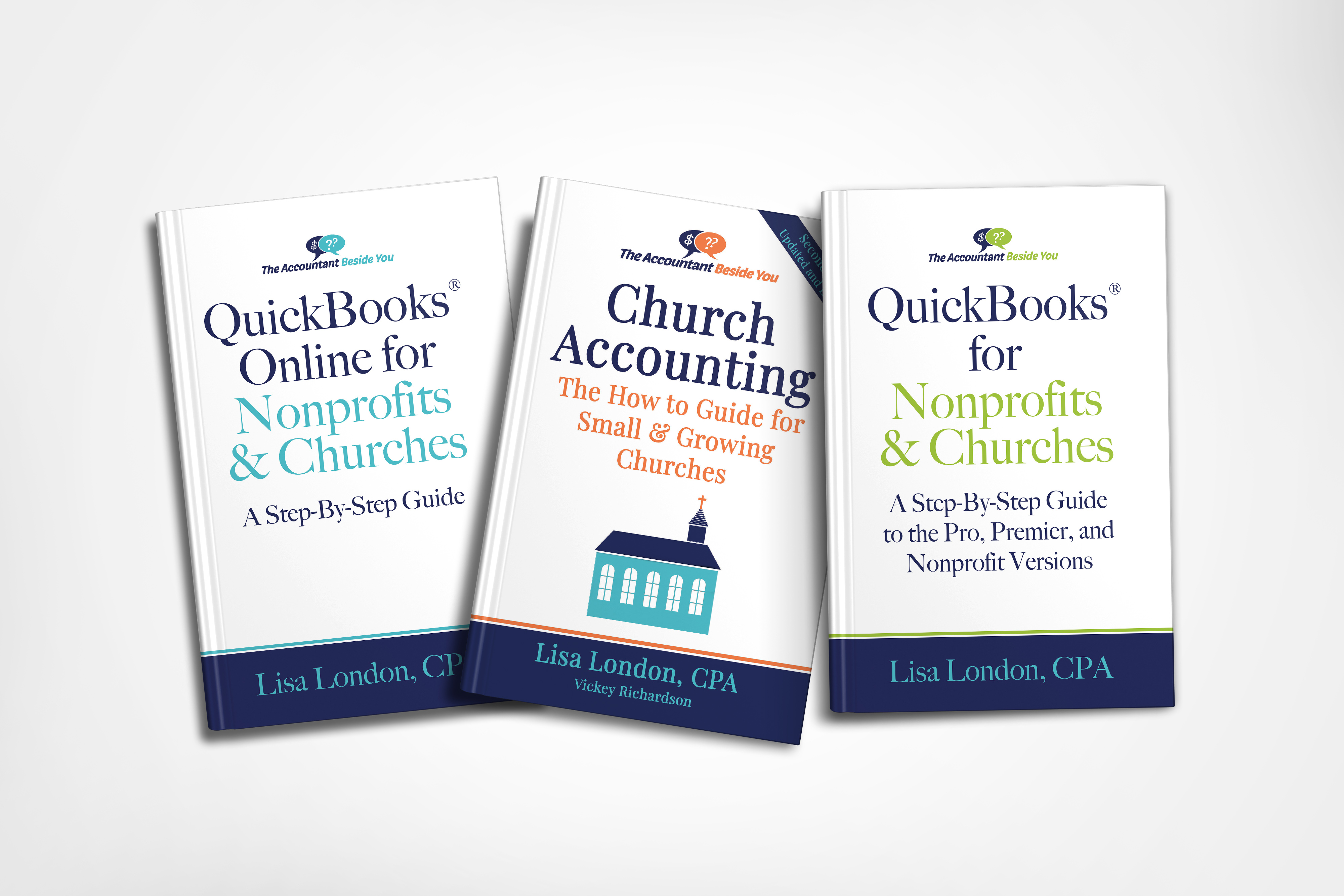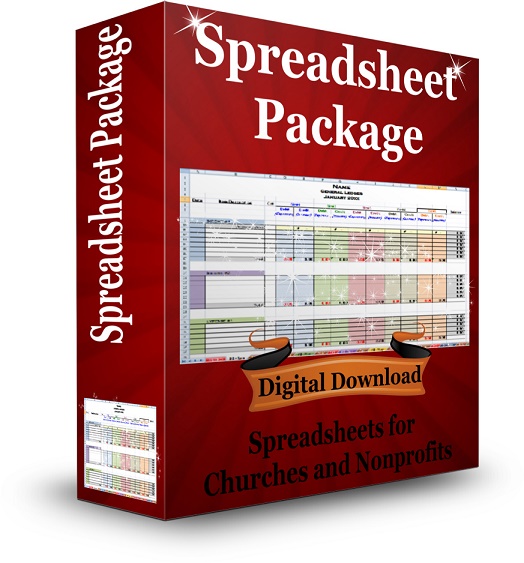Misclassification of Workers
Misclassification of workers is a big concern for many small churches and nonprofits. If your organization is ever found in violation, the payroll tax liabilities including penalties and interest can be financially devastating. NOTE: please read the "factors" below to be aware of new DOL regulations in determining who is an employee vs contractor, and how this could impact your organization!
How Misclassification of Workers Happen
Many small nonprofits and churches have the misconception that they are not under the same labor and employment laws the for-profit organizations are under. This can be a very costly mistake.
For churches, ministers are almost always considered employees of their churches and should be issued a W-2. However they are handled differently than "regular" employees. See this page for more instruction on handling a minister's payroll: Clergy Tax
The "classification" most churches and nonprofit organizations struggle with is usually with their musicians, nursery workers, secretaries, custodians, etc. Let me make it simple for you. If in doubt, classify them as employees. No one gets in trouble for classifying an individual as an employee when they could have been paid as an independent contractor (IC) with a 1099. BUT you can get in very BIG trouble for misclassification of workers as independent contractors when the IRS classify them as an employee.
I know that classifying them as employees is definitely costlier and more time consuming (more on that below)...BUT you will save a lot of heartache and money down the road when you classify them properly the first time.
To determine how to properly classify your worker, look at the degree of control and independence that exist between your organization and the individual performing the service using the 6 factors listed below.

NOTE: The DOL (Department of Labor issued a final rule on employee versus independent contractors The regulations under the new rule went into effect on Mar. 11, 2024.
The 6 factors (listed in this article) that determine employee v. IC status remain the same. What has changed is that now the worker classification depends on the totality of the
factors—i.e., not on any one factor.
The Church Accounting: How To Guide devotes a whole section of the book to payroll for churches. It covers payroll terminology and forms and then takes you through the steps necessary to set up a payroll, calculate and file the necessary taxes and forms, and even details how to handle the minister's payroll. It also includes sections on filling out IRS forms: 1099, 1099-NEC, and 1096.
If you have QuickBooks or are considering using it in the future, go ahead and purchase the QuickBooks for Churches and the How To Guide combo for a complete package on setting up and administering a payroll using QuickBooks.
Contractor versus Employee

1. Opportunity for profit and loss depending on managerial skill.
The absence of ability to make a profit or suffer a loss is a good indicator that the individual should be classified as an employee.
Questions to ask yourself to determine if a worker is a employee or contractor:
- Can they accept or decline the work?
- Can they choose what time they do the work?
- Can they negotiate a fee with you for the work?
2. Investment by the worker
More determining questions:
- Do they market or advertise their business?
- Do they purchase and supply their own supplies, tools, or equipment?
- Can they make hiring decisions?
If the answer to most of these questions is yes, you can lean more to classifying them as a contractor. If most of the answers are no, it is a pretty good indication that they should be classified as an employee.

3. Permanence of the work relationship.
Who is an employee? The following factors may indicate employee status:
- A permanent relationship with your organization. No set time for the "project", tasks, or jobs to end.
- Working exclusively with your organization. Does not do similar work for other businesses or organizations.
4. Degree and nature of control.
Does your organization control or have the right to control what the worker does and how the worker does his or her job? Do you set their work hours? Do you set when and how they are paid? If yes, these are indicators of employee status.
Church Accounting Package
A set of 4 ebooks that covers the following topics...
- Fund Accounting Examples and Explanations
- Setting up a fund accounting system
- Donation management
- Minister compensation and taxes
- Internal controls and staff reimbursements
- Much more - Click here for details


5. The extent to which the work performed is an integral part of your organization.
This factor is why a "Pastor" is usually NEVER classified as a contractor and their compensation reported on a 1099-NEC. Their work is a VERY integral part of their church, so they should be classified as an employee. However, if that same pastor "preached" at another church as a "guest speaker" ... that church could classify him as a contractor.
6. The skill and initiative of the worker.
If the worker provides specialized skills to the working relationship and also falls in line with the previous 5 factors ... they can usually be considered an IC (independent contractor).
For example, if your church hired me for their bookkeeping...I would be considered an IC. I bring specialized skills to the working relationship, I negotiate my fee, and require a contract. I bring my own "tools". My church clients do not set my hours....but they can tell me when they require the work to be finished each month =) I advertise my business and have many similar clients all across the United States. If you are paying a bookkeeper in your church with a 1099-NEC that does NOT follow in line with the 6 factors I listed above...you are probably misclassifying them.
Spreadsheet Package
This spreadsheet package is designed for churches and nonprofits.
It includes:
- Contribution Tracker;
- Automatic Accounting (tracks income and expenses for up to 5 funds);
- Bank Reconciliation (reconciles accounting workbook to your bank statements);
- Collection Count sheet;
- Mileage log;
- Travel reimbursement
- Customizable Word doc with a Cash, Noncash, and a Quid Pro Quo Contribution Receipts.
How to Avoid Misclassification of Workers

Ok ...let's break this down into some simpler language and apply the "determining factors" to churches and nonprofits.
Does your organization control the "how, when, and where"?
Take a nursery worker for example, you tell them to be at the church or nonprofit at set times, they use your facility, your equipment, and you tell them how to do the job. The IRS would consider them employees.
Custodians: they sometimes set their own hours...but they use your supplies to clean your place and you tell them how to do the job. Unless they clean multiple places with their own supplies such as an outside cleaning company...the IRS will probably classify them as your employee.
Organists: do they play just at your church? They are probably employees.
See the difference? If you hire a nursery worker from a company such as Care.com that does similar jobs for other organizations, those individuals are NOT employees and can be paid as IC or directly to the company...BUT if you hire Sis Smith from the church and PAY her ... you probably better set her up and pay her as an employee.
Misclassification of Workers Penalties

I know properly classifying these workers as employees can be an expensive and hard task for churches and nonprofits, especially the smaller ones that may not have the knowledge or personnel to process a payroll.
You have to complete and process payroll forms such as W-4s, I-9s, 941s, W-3 and W-2s, etc. In most states, churches are exempt from unemployment payroll taxes, but some are not, so a careful review of your state’s employment laws is always a necessity.
In many cases it is well worth the extra funds to hire a payroll processing company...AS long as they can prove they are familiar with church and clergy payroll tax regulations. Check with your local churches to see who they would recommend.
At the very least, use a good payroll software like Gusto.
With all of the payroll requirements is no wonder that many small churches choose to classify their workers as independent contractors; however, as I stated above ... a misclassification of workers can be devastating for any church that ever has the misfortune of being audited and found in violation.
Willful failure to comply with classifying a worker correctly as an employee and withholding and reporting payroll taxes can result in criminal and civil penalties. In addition, those taxes that were suppose to be withheld and remitted becomes the responsibility of the you the employer. Even worse, you, one of your responsible employees, or even officers of the church may become personally liable for the taxes and penalties involved.
Remember, a blaring red flag for the IRS is an individual who receives one 1099 from the same organization every year!
ONE last very big tip ... if you realize you have been classifying a worker incorrectly ... contact a knowledgeable CPA or tax professional BEFORE issuing a 1099 and W-2 in the same year for an individual as doing so is another red flag! There are ways to correct a misclassification, but you should hire an expert to help.







